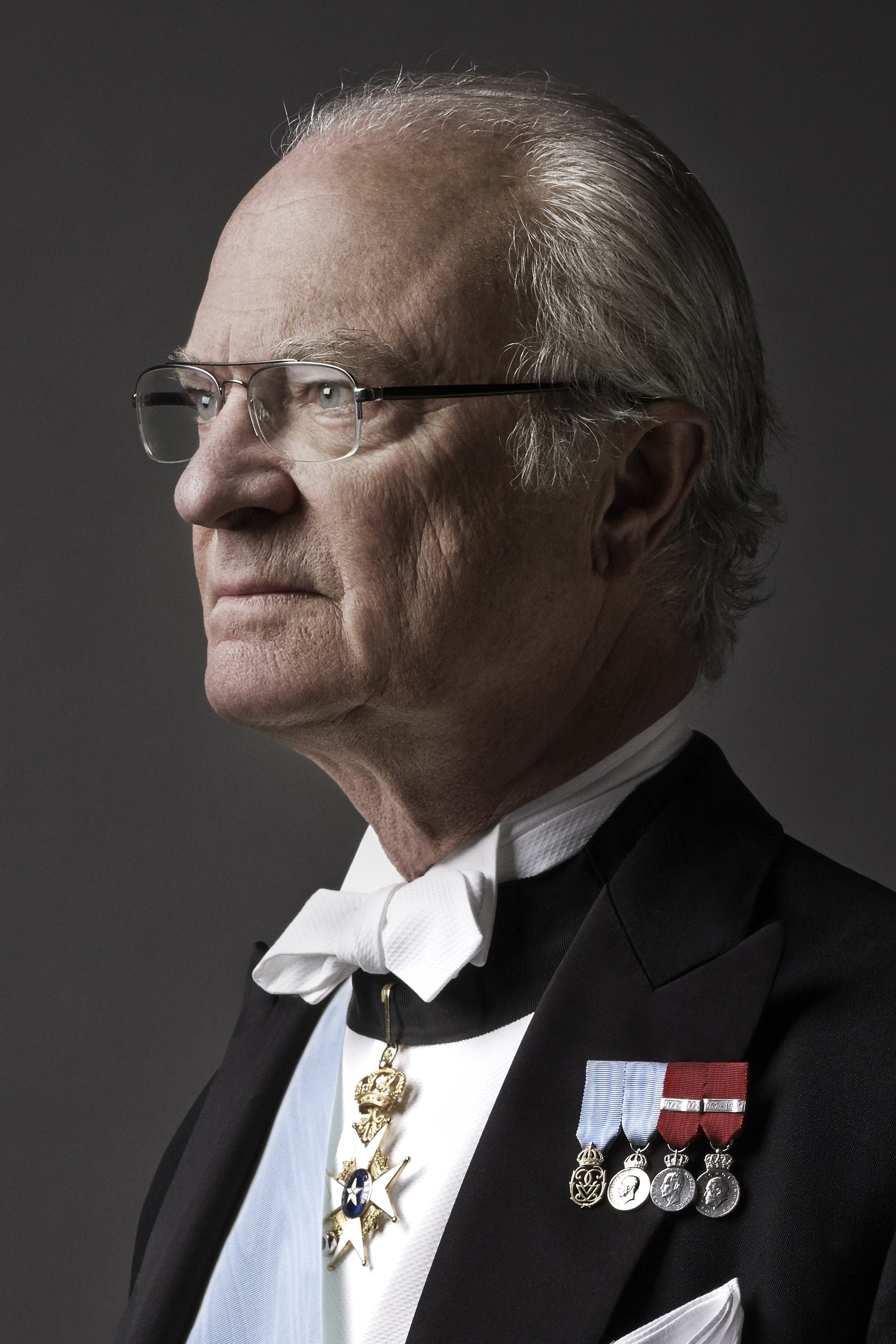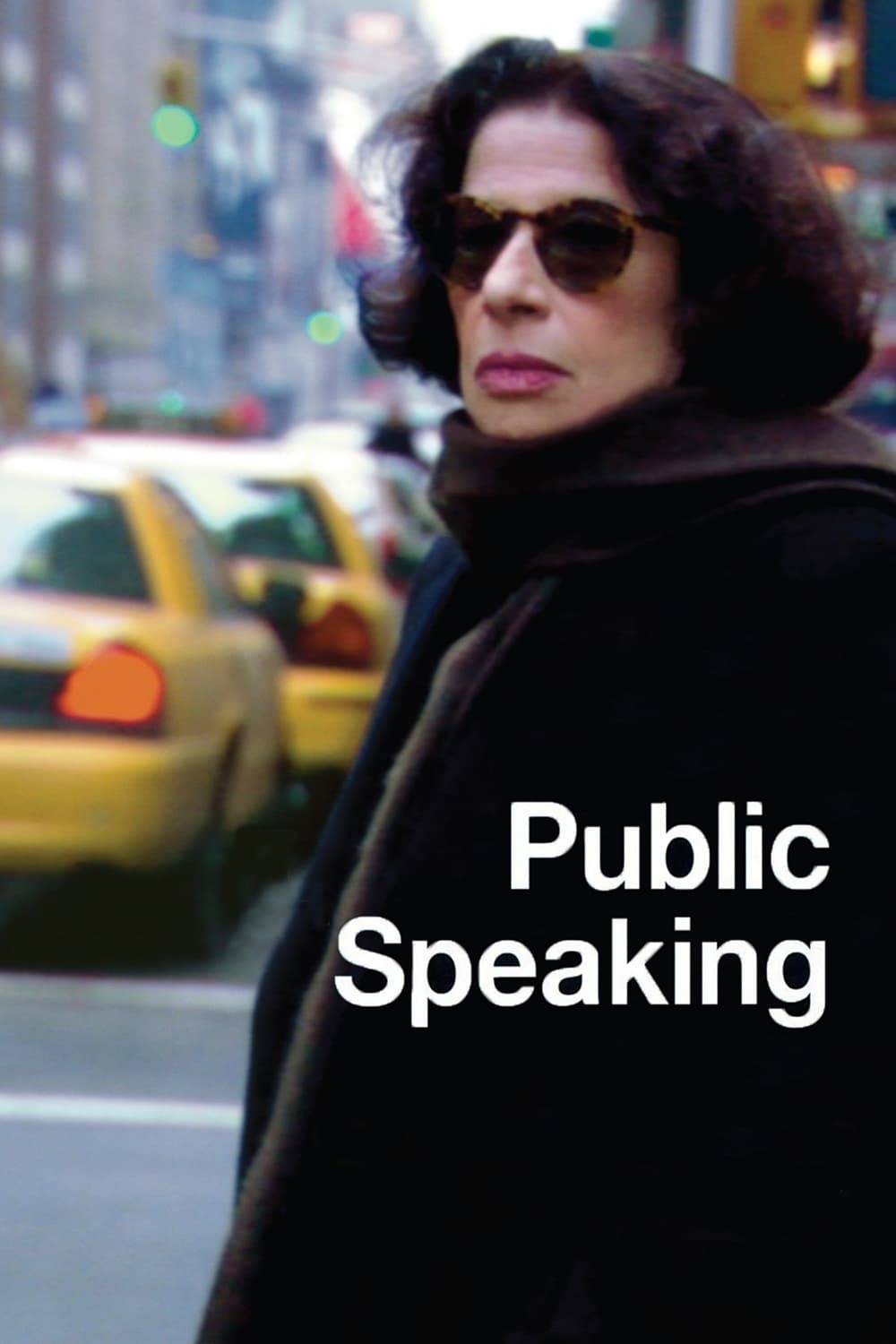

Carl XVI Gustaf (born 30 April 1946) is King of Sweden. Carl XVI Gustaf is the longest-reigning monarch in Swedish history, having surpassed King Magnus IV's reign of 44 years and 222 days on 26 April 2018. Carl Gustaf was born during the reign of his paternal great-grandfather, King Gustaf V. He is the youngest child and only son of Prince Gustaf Adolf, Duke of Västerbotten, and Princess Sibylla of Saxe-Coburg and Gotha. His father died in January 1947 in an airplane crash in Denmark when Carl Gustaf was nine months old. Carl Gustaf became crown prince and heir apparent to the Swedish throne at the age of four when his grandfather Gustaf VI Adolf acceded to the throne in 1950. Carl Gustaf acceded to the throne upon his grandfather's death on 15 September 1973. Shortly after he became king, the new 1974 Instrument of Government took effect, formally stripping the monarchy of its remaining executive powers. As a result, Carl Gustaf no longer performs many of the duties normally accorded to a head of state in parliamentary regimes, such as the formal appointment of the prime minister, signing legislation into law, and being commander-in-chief of the nation's military. The new instrument explicitly limited the king to ceremonial and representative functions, while he retained the right to be regularly informed of affairs of state. As head of the House of Bernadotte, Carl Gustaf has also been able to make a number of decisions about the titles and positions of its members. In June 1976, Carl Gustaf married Silvia Sommerlath. They have three children: Victoria, Carl Philip, and Madeleine. The King's heir apparent, after passage on 1 January 1980 of a new law establishing absolute primogeniture, is his eldest child, Crown Princess Victoria. Before the passage of that law, Victoria's younger brother, Carl Philip, was briefly the heir apparent, as of his birth in May 1979.

The story of how Formula 1 came to Anderstorp and...


A feature-length documentary starring Fran Lebowitz, a writer known for...